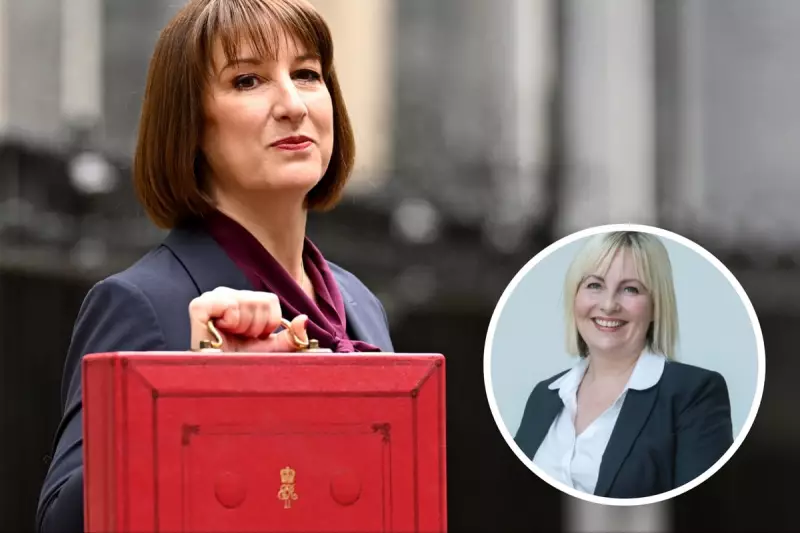
All eyes are on Chancellor Rachel Reeves as she prepares to deliver her first major Autumn Budget this November, setting the stage for the UK's economic direction under the new government. With mounting pressure to address key public concerns while maintaining fiscal responsibility, this budget could define the political landscape for years to come.
Economic Growth Takes Centre Stage
Industry analysts predict that stimulating economic growth will be the cornerstone of Reeves' budget strategy. After months of economic uncertainty, businesses and households alike are looking for clear signals about the government's approach to investment, infrastructure and job creation.
Key areas likely to receive attention include:
- Green energy investment and net-zero initiatives
- Support for small and medium-sized enterprises
- Regional development funds to address economic disparities
- Digital infrastructure and technology sector support
Public Services Under the Microscope
The state of NHS funding, social care reform and education spending are expected to feature prominently in the Chancellor's announcement. With waiting lists at record levels and local authorities facing financial strain, Reeves must balance immediate needs with long-term sustainability.
Healthcare professionals and local government leaders have been vocal about the need for increased funding, but the Chancellor has emphasised the importance of "smart spending" rather than simply pouring more money into existing systems.
Taxation: The Delicate Balancing Act
Perhaps the most anticipated aspect of the budget will be the government's approach to taxation. While pre-election promises ruled out increases to income tax, National Insurance or VAT, experts suggest other revenue-raising measures might be introduced.
Potential changes could include reforms to capital gains tax, inheritance tax adjustments, or targeted measures affecting wealthier individuals and corporations. The business community is particularly keen to understand how the government plans to balance revenue generation with maintaining Britain's competitive edge.
Housing and Cost of Living Support
With the cost of living crisis continuing to affect millions of households, support for struggling families is expected to be a key component of the budget. This may include extensions to existing support schemes, energy bill assistance, or new initiatives to address housing affordability.
The construction industry is lobbying for incentives to boost housebuilding, while housing charities are calling for increased protection for renters and those facing homelessness.
As November approaches, the speculation will only intensify. What remains clear is that this first Autumn Budget from Rachel Reeves represents a crucial test of the government's economic credibility and its ability to deliver on its manifesto promises.





